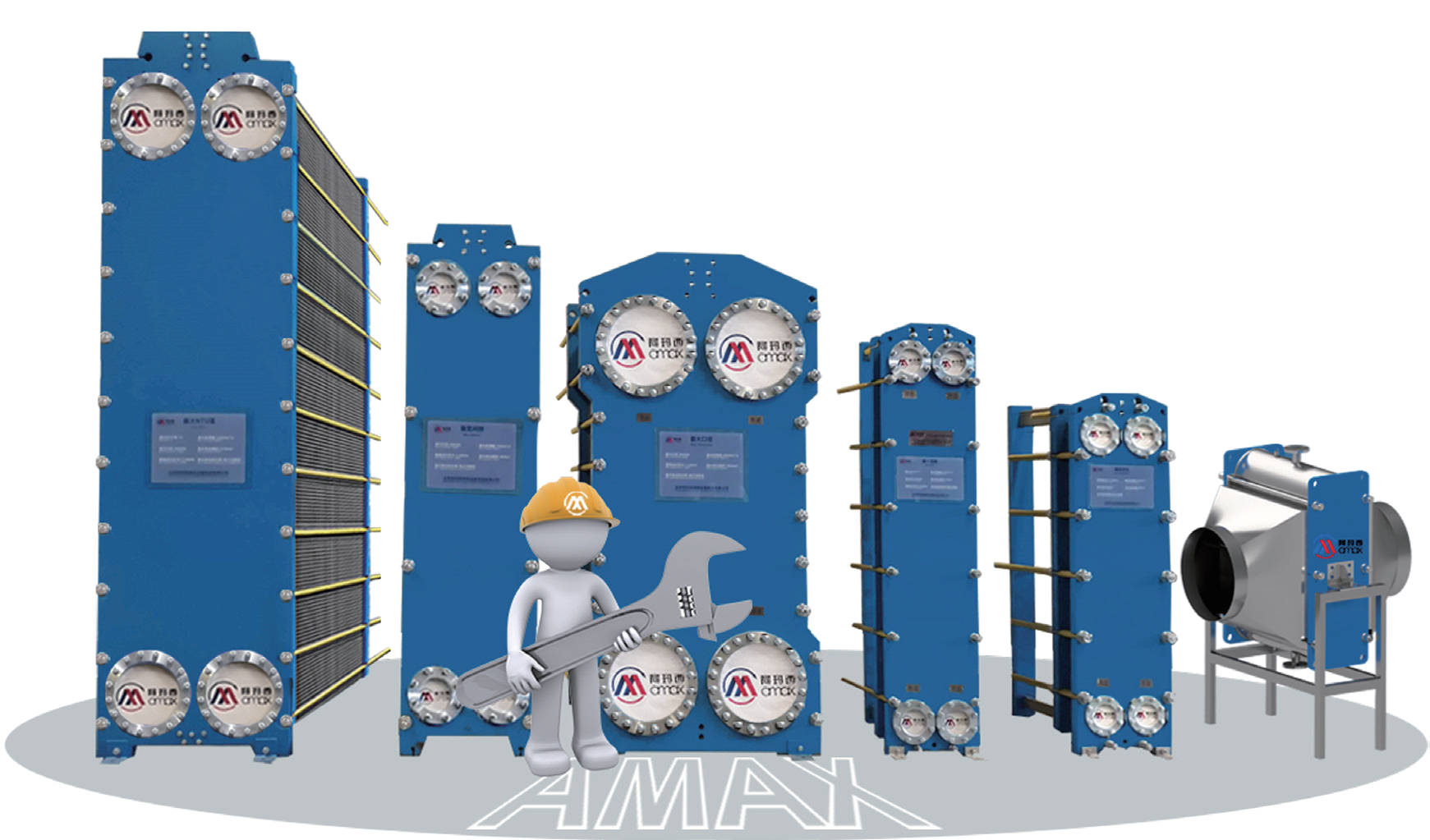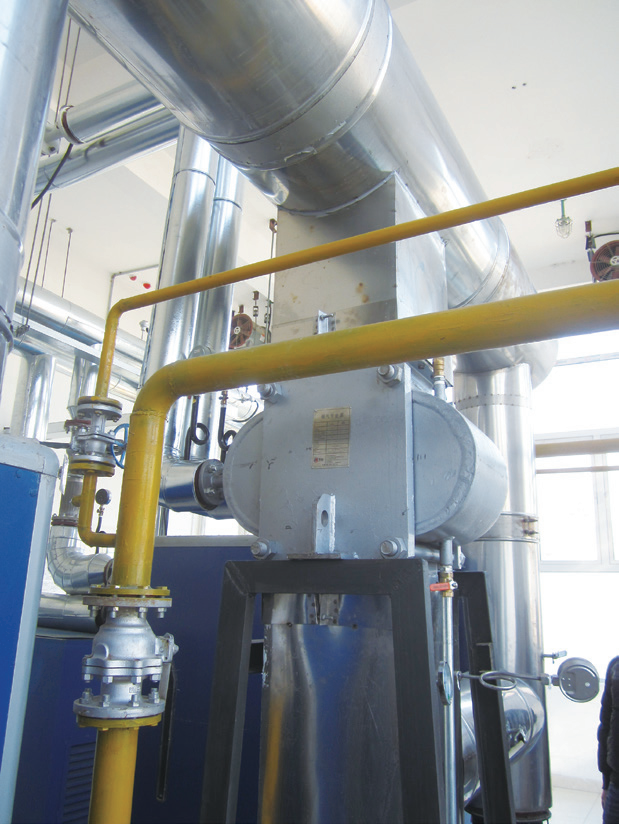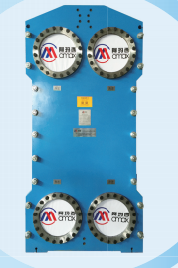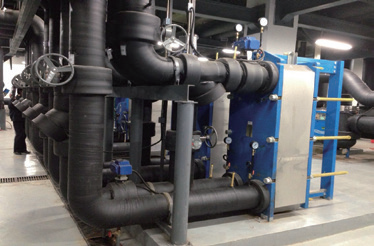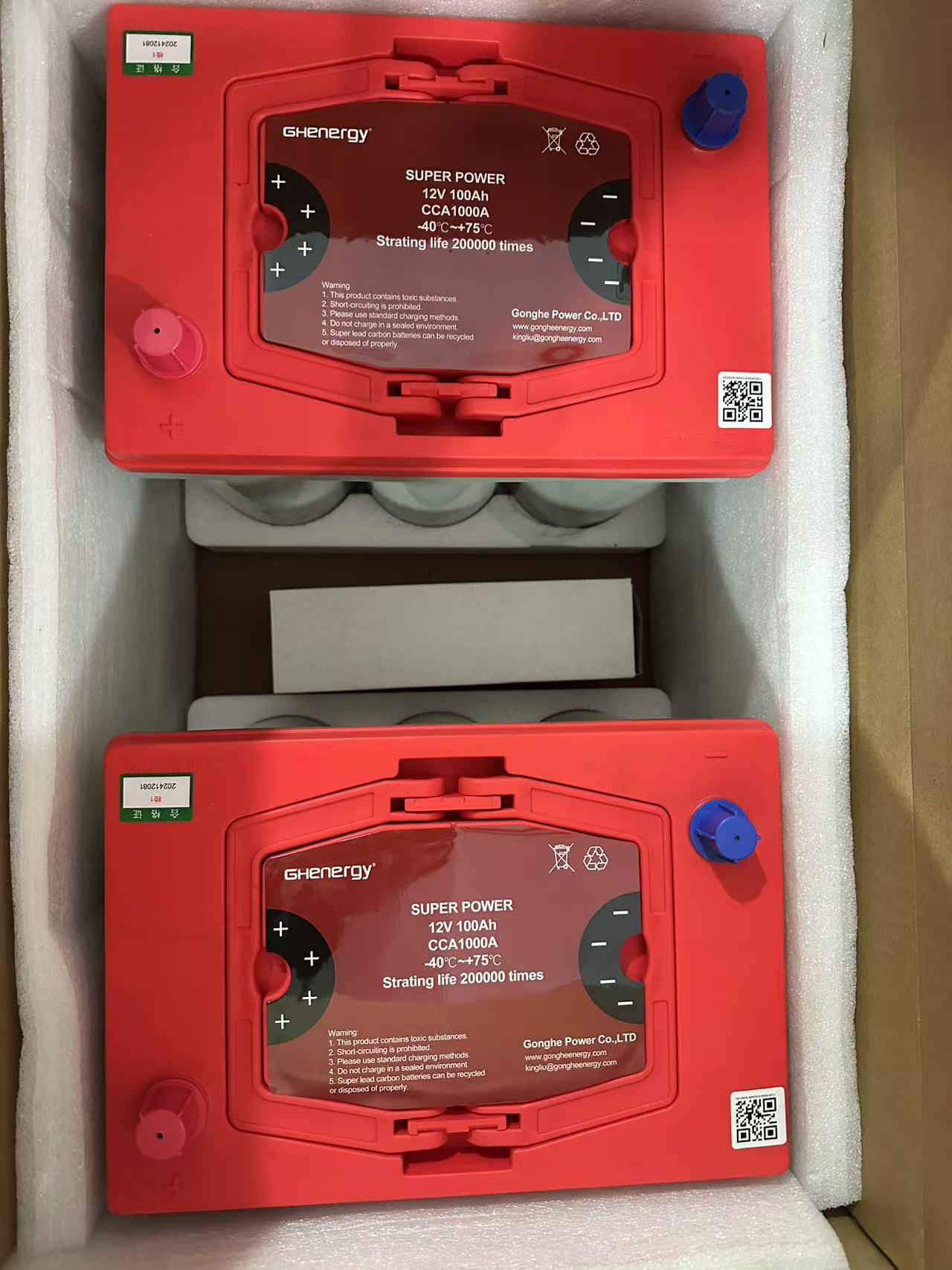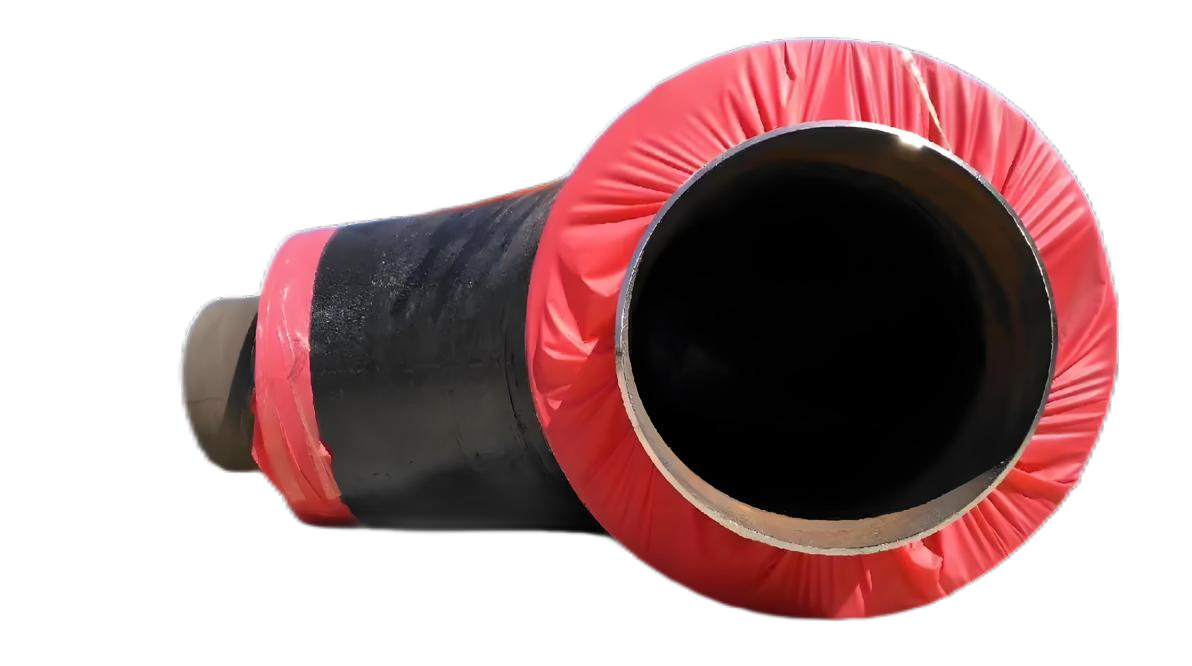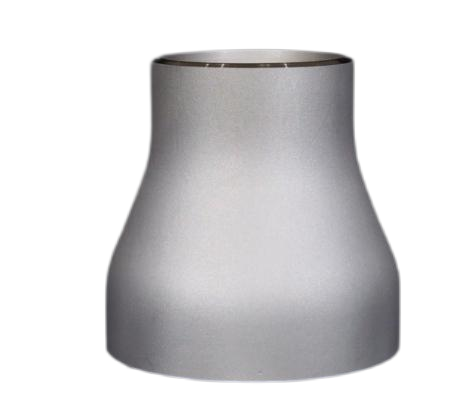Wedoany.com Report-Dec 23, A high-seas oil tango is back on between Venezuela's state oil company PDVSA and India’s Reliance Industries, rekindling a swap arrangement paused by U.S. sanctions. This revival, greenlit by a U.S. license in July, signals a cautious step forward for both players. But onlookers shouldn't break out the champagne just yet.
Earlier this month, a supertanker brimming with 1.9 million barrels of Venezuela’s Merey heavy crude set sail for India’s Sikka port. In return, Reliance delivered 500,000 barrels of heavy naphtha to PDVSA—a cocktail Venezuelan refineries desperately need to process their sludgy crude. The document detailing this exchange, seen Thursday, suggests a delicate dance of compliance and opportunism.
For Reliance, this isn’t its first diplomatic oil shuffle. India paused its Venezuelan oil purchases back in March, spooked by whispers that U.S. sanctions might boomerang. That pause didn’t just reflect regulatory jitters—it underscored the global high stakes of keeping Washington happy. But now, with the ink barely dry on that U.S. license, Reliance appears ready to wade back in, albeit carefully.
Venezuela, for its part, is riding a tricky wave. Its sanctions-hit oil sector has relied on barter-style deals to survive, trading crude for much-needed diluents and other essentials. Reliance's return is a lifeline, but it’s a tenuous one—dependent on staying within the narrow lines of U.S. approval.
Looking at the oil trade globally, the swaps are but a flash in the pan.
However, the swaps do offer a glimpse into the power behind U.S. policy tweaks.
While India was out of the mix, Russia and China were the main destinations for Venezuelan crude oil.
